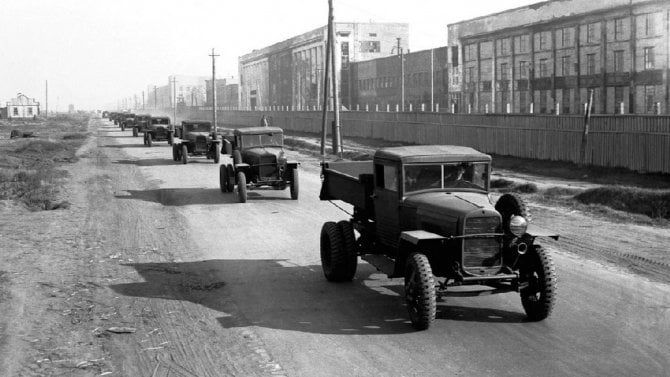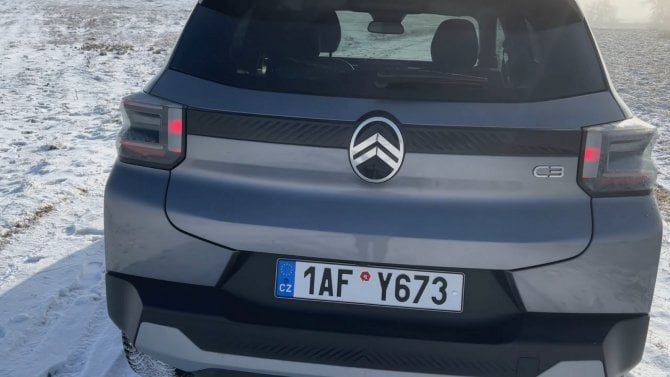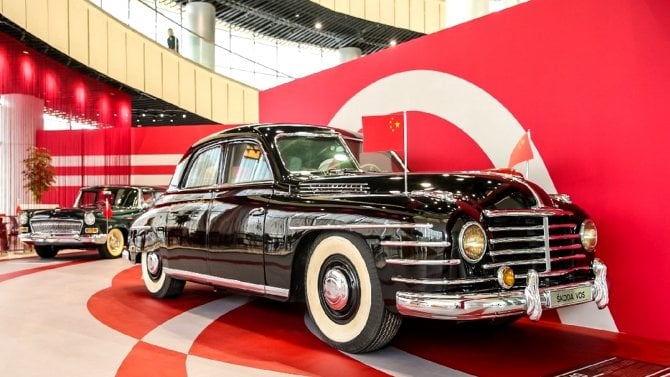...constitution and overhaul the 27-nation bloc's institutional structures.
Here are some of the main points of the negotiating mandate for the treaty which EU officials hope will be fully ratified by mid-2009. It draws on some of the substance of the constitution while officially declaring the charter itself dead.
INSTITUTIONS - EU leaders will choose a president of their European Council meetings for 2-1/2 years renewable, instead of the current six-month rotating presidency.
The treaty will create a powerful new foreign policy chief aimed at giving the bloc a greater say on the world stage. The role -- which will not have the title "EU foreign minister" after British objections -- will answer to governments and manage the huge external aid budget of the European Commission.
Member states will benefit from a NATO-style mutual defence clause in the case of one of them being attacked.
VOTING - EU voting will continue to be based on the present unwieldy procedures agreed under the Nice Treaty until 2014. After that, voting will be based on the "double majority" system requiring 55 percent of member states representing 65 percent of the EU population to pass a decision. However from 2014-2017, any single member state can ask for a reversion to the old Nice rules for any vote during that time. It effectively means Poland has forced a delay of the new procedures until 2017.
Britain won the right to select which justice and home affairs issues it will choose to open up to EU coordination.
CITIZEN RIGHTS - The deal confers legally binding force on the existing Charter of Fundamental rights in all member states except for Britain, which sought and won an exemption from that requirement. Britain had said it did not want provisions such as a broadly defined right to strike -- the subject of bitter labour conflicts in the 1980s -- to be imposed from outside.
NATIONAL PARLIAMENTS - Under new arrangements demanded by the Netherlands, national parliaments will have the power to send back proposals of the executive European Commission that infringe on national competence.
WHAT'S DROPPED - Cut from the new treaty, compared with the draft charter are references to an EU constitution, and symbols such as a flag and a hymn.
France succeeded in cutting a reference to "free and undistorted" competition from the EU's objectives, a move which worried supporters of the free market although officials played down the significance of the change.




 Auta osvoboditelů – z východu: Československo a celá Evropa se staly křižovatkou vojenské techniky
Auta osvoboditelů – z východu: Československo a celá Evropa se staly křižovatkou vojenské techniky
 Auto blokující nabíjecí stanici bude možné odtáhnout. A je jedno, jestli má spalovací motor, nebo je to elektromobil
Auto blokující nabíjecí stanici bude možné odtáhnout. A je jedno, jestli má spalovací motor, nebo je to elektromobil
 Ikona je zpět jako elektromobil a je skvělá! Poprvé jsme se svezli s novým Renaultem 5
Ikona je zpět jako elektromobil a je skvělá! Poprvé jsme se svezli s novým Renaultem 5
 Videodojmy: Tenhle malý hatchback jezdí za šest litrů, odveze čtyři lidi a nestojí ani 400 tisíc
Videodojmy: Tenhle malý hatchback jezdí za šest litrů, odveze čtyři lidi a nestojí ani 400 tisíc
 Škoda VOS: Historie československých vládních automobilů je přehledem politických obratů
Škoda VOS: Historie československých vládních automobilů je přehledem politických obratů
